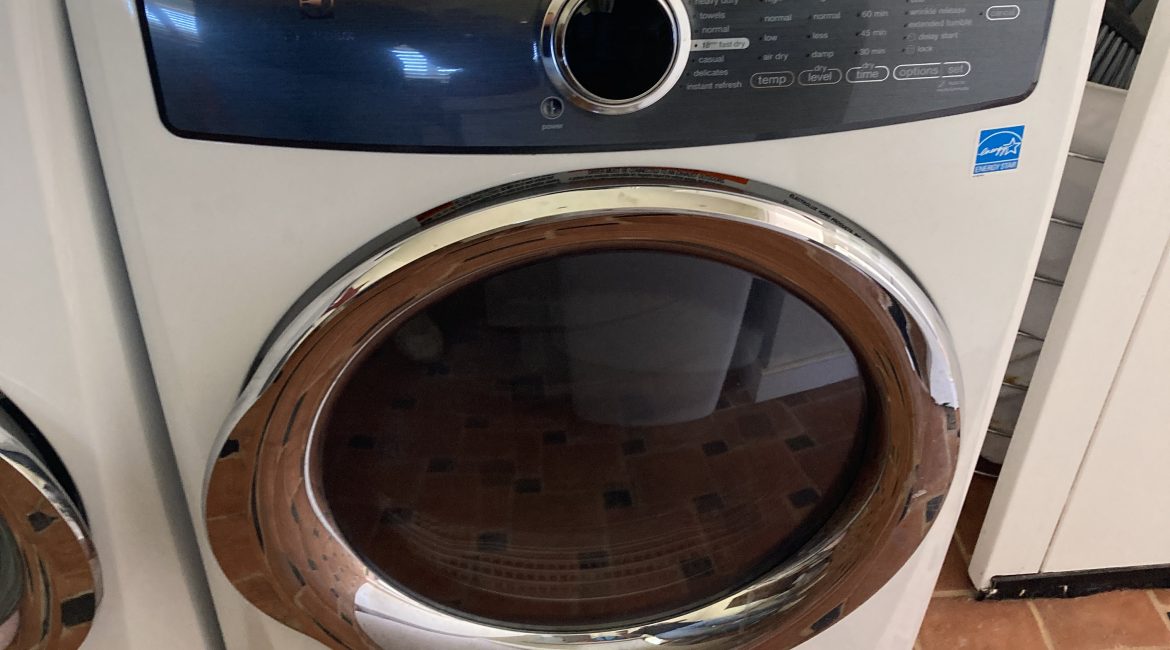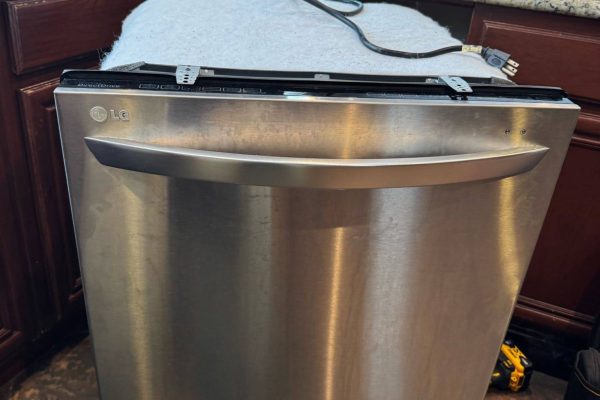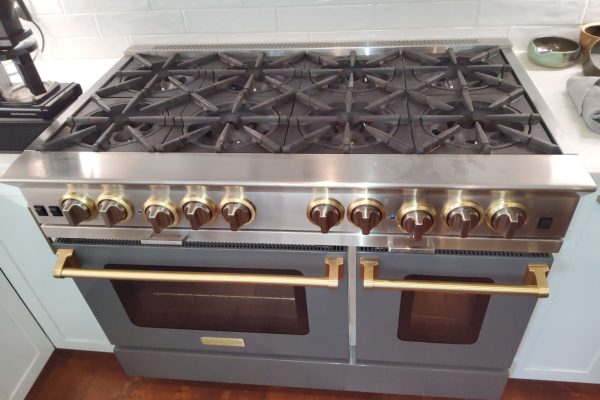Washing machines have become a cornerstone of modern households, making laundry a simple and efficient task. However, like any other appliance, they are prone to malfunctions, and one of the most frustrating issues for any homeowner is drum leakage. When water starts leaking from the drum of your washing machine, it can lead to a host of problems, from minor inconveniences like wet floors to serious damage to your home. Understanding the causes of drum leakage and how to address it can save you time, money, and frustration.
⠀
What Causes Drum Leakage in Washing Machines?
⠀
- Worn-Out Door Seal
One of the most common causes of drum leakage in front-loading washing machines is a worn or damaged door seal. The door seal, also known as the gasket, is responsible for keeping water inside the machine during the wash cycle. Over time, this seal can crack, wear down, or accumulate debris, leading to small gaps where water can escape. If you notice water pooling around the door after a wash cycle, it’s likely that the door seal is no longer functioning as it should.
⠀
- Damaged Drum Bearings
Drum bearings allow the drum to rotate smoothly during wash cycles. If the bearings are damaged or worn, the drum may not sit properly within the machine, causing it to misalign and create gaps for water to leak through. In some cases, you may also hear a loud, grinding noise during operation – another indicator that the bearings are in need of repair.
⠀
- Cracked or Punctured Drum
Though it is less common, a cracked or punctured drum can also cause leakage. This type of damage usually occurs when foreign objects, such as coins or small metal items, are left in clothing pockets during a wash. These objects can strike the drum during the spin cycle, leading to dents, punctures, or cracks that allow water to seep through.
⠀
- Loose or Broken Hose Connections
Washing machines rely on a series of hoses to fill and drain water during the wash cycle. If any of these hoses become loose or damaged, water can escape from the machine. A common issue is a broken or disconnected hose attached to the drum, leading to water pooling underneath or behind the machine. Regularly checking these hose connections can help prevent this kind of leakage.
⠀
- Faulty Water Pump
The water pump is responsible for draining water out of the drum at the end of each cycle. A faulty or blocked pump can prevent proper drainage, leading to water overflow and leakage. In some cases, debris or small objects can become lodged in the pump, while in others, the pump itself may be malfunctioning due to age or wear.
How to Address Drum Leakage
⠀
- Inspect and Clean the Door Seal
If you suspect the door seal is the issue, inspect it closely for signs of wear or cracks. Cleaning the seal regularly can prevent debris buildup, which is a common cause of small leaks. If the seal is damaged beyond cleaning, it will need to be replaced. Replacing the door seal is usually a simple fix, but it’s important to use a genuine replacement part that is compatible with your washing machine model.
⠀
- Replace Drum Bearings
Replacing drum bearings is a more complex repair that requires disassembling parts of the washing machine. If your machine is making unusual noises or if the drum seems to be out of alignment, it’s best to consult a professional to inspect the bearings and replace them if necessary. Attempting this repair on your own could lead to more damage if not done correctly.
⠀
- Repair or Replace a Cracked Drum
A cracked drum is a serious issue that may require full drum replacement. In some cases, small cracks or punctures can be patched, but this is a temporary fix. Depending on the severity of the damage, it may be more cost-effective to replace the drum or even consider purchasing a new washing machine, particularly if the machine is old or the repair costs are high.
⠀
- Check and Tighten Hose Connections
Loose or damaged hoses are relatively easy to fix. Inspect the hoses connected to your washing machine, particularly those linked to the drum and water pump. Tightening loose connections or replacing worn hoses can quickly resolve the issue. If the hose is damaged, make sure to replace it with the correct part for your machine model.
⠀
- Replace the Water Pump
If the water pump is faulty, you may notice that your machine is not draining properly, or you may find water pooling around the base of the machine. In such cases, replacing the water pump can resolve the issue. Since accessing the water pump requires some disassembly, it’s best to leave this repair to a qualified technician.
⠀
Preventing Drum Leakage
⠀
While it’s not always possible to prevent every washing machine issue, taking a few preventive measures can significantly reduce the chances of experiencing drum leakage:
⠀
– Regular Maintenance: Clean the door seal, drum, and detergent dispenser regularly to prevent buildup of debris and mold.
– Empty Pockets Before Washing: Remove any loose objects like coins, keys, or pens from clothing pockets before starting a wash cycle. These objects can damage the drum or hoses.
– Inspect Hoses: Periodically check hoses for signs of wear, damage, or loose connections.
– Use the Right Detergent: Always use the detergent recommended for your washing machine model. Using the wrong type or too much detergent can cause excessive suds, which may lead to leakage.
⠀
Drum leakage is a serious issue that should not be ignored. If left unresolved, it can lead to costly repairs and even permanent damage to your washing machine. If you’re dealing with drum leakage or any other washing machine issue, Oceanside Appliance Service Center is here to help. Our experienced technicians specialize in washing machine repairs and can quickly diagnose and fix the problem. Don’t wait until a small leak becomes a big disaster contact us today to schedule your service!
Contact us


